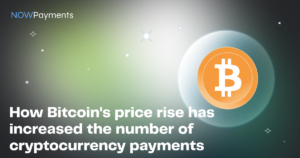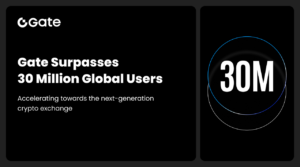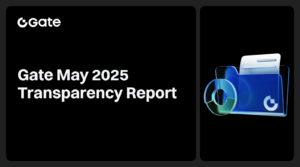Smart Contracts and Tokenization of Assets: Unlocking Liquidity
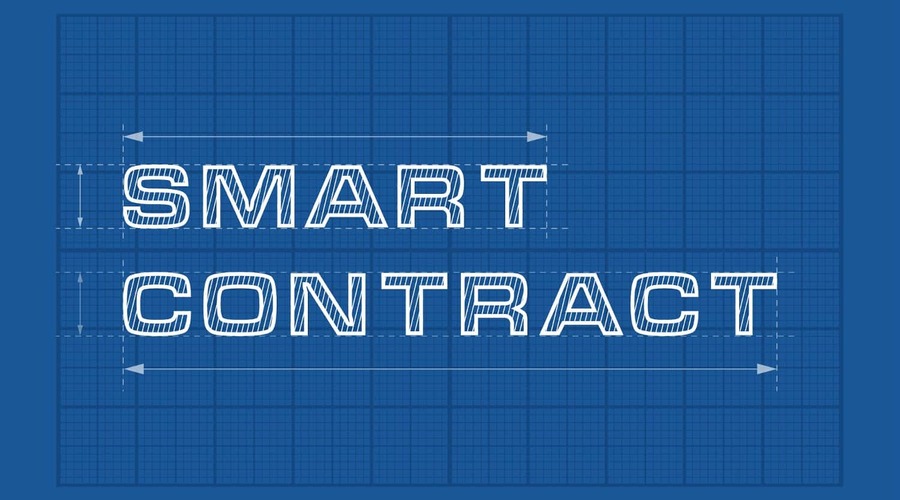
Smart Contracts and Tokenization of Assets: Unlocking Liquidity
Imagine a world where contracts are automatically executed, transactions are transparent, and assets can be divided into digital tokens. This is the power of smart contracts and the tokenization of assets. In this article, we will explore how these two concepts are revolutionizing the way we conduct business, unlock liquidity, and reshape various industries.
Introduction to Smart Contracts
Smart contracts are self-executing contracts with the terms of the agreement directly written into lines of code. These contracts are stored and executed on a blockchain network, removing the need for intermediaries and providing increased security and efficiency. On the other hand, tokenization involves representing real-world assets, such as real estate, artwork, or commodities, as digital tokens on a blockchain. These tokens can be easily traded, divided, and transferred, allowing for fractional ownership and enhanced liquidity.
Benefits of Smart Contracts and Tokenization
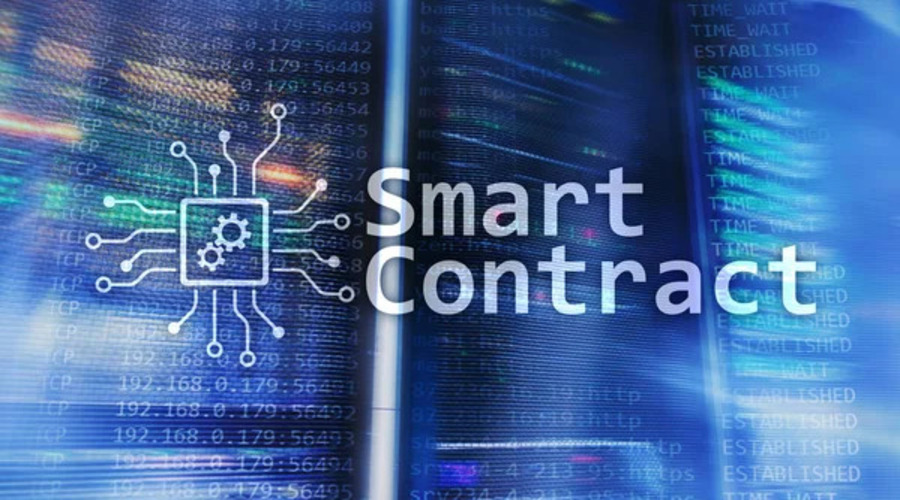
- Increased liquidity: Smart contract and tokenization enable fractional ownership of assets, making it easier for individuals to invest in previously illiquid assets. For example, tokenization in the real estate market allows investors to purchase fractions of properties, opening up investment opportunities to a wider audience. This increased liquidity also benefits asset owners, as they can easily sell portions of their assets without going through complex and time-consuming processes.
- Enhanced security: Smart contract leverage blockchain technology, which provides a tamper-resistant and transparent system. The immutable nature of the blockchain ensures that once a contract is deployed, it cannot be altered without consensus from the network participants. This eliminates the risk of fraudulent activities and provides high trust and security for all parties involved in the contract.
- Improved efficiency: Traditional contracts often require manual processing, verification, and enforcement, leading to delays and increased costs. Smart contract automate these processes, reducing the need for intermediaries and streamlining operations. By removing the middlemen, transactions can be executed faster, with fewer errors, and at a lower cost.
How Smart Contracts Work
Smart contracts operate based on predefined rules and conditions. Once these conditions are met, the contract is automatically executed, and the associated transactions are recorded on the blockchain. The automation and self-execution of smart contract eliminate the need for intermediaries, reduce human error, and ensure timely execution of agreements.
Additionally, smart contracts are decentralized and transparent. They are stored on a blockchain network, which is distributed across multiple nodes or computers. This decentralization ensures that no single entity has control over the contract, and the transparency of the blockchain allows participants to view and verify the details of the contract and its execution. This transparency increases trust among the involved parties and reduces the potential for disputes or misunderstandings.
Tokenization of Assets
Tokenization involves representing physical or real-world assets as digital tokens on a blockchain. These tokens can be easily traded, transferred, and stored, providing a more efficient and accessible way to manage and transact with assets. Real estate, artwork, commodities, and even intellectual property can be tokenized, allowing investors to own fractions of these assets.
The advantages of asset tokenization are numerous. Firstly, it enables fractional ownership, allowing individuals with smaller budgets to invest in high-value assets. This democratizes investment opportunities and opens up markets that were previously inaccessible to many. Tokenization also provides increased liquidity, as tokens can be easily bought, sold, and traded on digital asset exchanges.
Furthermore, asset tokenization improves the efficiency of transactions. Traditional processes, such as property transfers or investment transactions, often involve multiple intermediaries, paperwork, and lengthy settlement periods. Tokenization simplifies these processes, reducing the time, cost, and administrative burden associated with asset transfers.
Tokenization also introduces the concept of programmable assets. Smart contract can be integrated with tokenized assets, enabling automated functions such as dividend distribution, voting rights, or revenue sharing. These programmable features enhance the flexibility and utility of assets, creating new possibilities for investors and asset owners.
Use Cases and Industries Impacted
The adoption of smart contract and tokenization is revolutionizing various industries, unlocking new opportunities and transforming traditional practices. Here are some notable use cases:
- Real estate: Real estate is a prime example of an industry benefiting from smart contract and tokenization. Tokenizing properties allows fractional ownership, making it easier for investors to diversify their portfolios and participate in the real estate market with lower capital requirements. Additionally, tokenization facilitates the seamless transfer of property ownership and simplifies the investment process.
- Supply chain management: Smart contracts and tokenization play a vital role in enhancing supply chain transparency and efficiency. Each item can be uniquely identified and tracked throughout the supply chain by tokenizing goods or products. Smart contract can automate and enforce contractual agreements between different parties involved in the supply chain, ensuring compliance and reducing delays or disputes.
- Finance and banking: The financial industry is exploring the potential of smart contract and tokenization in various areas, such as cross-border payments, lending, and asset management. Smart contract can automate payment settlements, reducing the reliance on intermediaries and speeding up transaction times. Tokenization of assets also enables fractional ownership of investment funds, making them more accessible to retail investors.
Challenges and Risks of Smart Contracts
While smart contracts and tokenization offer numerous benefits, there are also challenges and risks that need to be addressed for wider adoption.
- Regulatory concerns: The regulatory landscape surrounding smart contracts and tokenization is still evolving. Different jurisdictions have varying interpretations and regulations regarding these technologies. The legal enforceability of smart contract and the compliance requirements for tokenized assets need to be clearly defined to ensure investor protection and market stability.
- Security vulnerabilities: Blockchain technology is relatively secure, but vulnerabilities can still exist in smart contract and tokenized platforms. Flaws in the code or hacking attempts can compromise the integrity and security of the system. It is crucial for developers and users to implement robust security measures and undergo thorough audits to minimize these risks.
- Lack of widespread adoption: Despite the potential of smart contract and tokenization, widespread adoption is still limited. Educational efforts and awareness-building are necessary to help businesses and individuals understand the benefits and overcome any perceived barriers to entry. Interoperability between different blockchain networks and standardization of tokenization practices can also drive adoption.
The Role of Decentralized Exchanges
Decentralized exchanges (DEXs) play a vital role in facilitating the trading of tokenized assets. Unlike traditional centralized exchanges that rely on intermediaries to facilitate transactions, DEXs operate on smart contract-enabled blockchain platforms. These platforms enable peer-to-peer trading of tokens, eliminating the need for intermediaries and offering enhanced security and transparency.
DEXs leverage the programmability of smart contract to automate order matching, settlement, and asset custody. This automation reduces costs, minimizes the risk of fraud, and provides users with full control over their assets. Moreover, DEXs allow for 24/7 trading and remove geographical restrictions, enabling a global marketplace for tokenized assets.
As the infrastructure and user experience of DEXs continue to improve, they are likely to become the go-to platforms for trading tokenized assets. Their decentralized nature aligns with the underlying principles of blockchain technology, providing individuals with greater financial sovereignty and eliminating the need for intermediaries.
Future Outlook and Opportunities
The future of smart contracts and tokenization holds immense potential for innovation and disruption across various sectors. As blockchain technology continues to evolve and mature, we can expect to see even more advanced applications of smart contract and tokenization.
One area of opportunity is the integration of smart contract with emerging technologies such as the Internet of Things (IoT) and artificial intelligence (AI). IoT devices can be programmed to interact with smart contract, enabling automated actions based on real-time data. AI algorithms can analyze smart contract data and provide valuable insights for decision-making and risk assessment.
Moreover, the integration of decentralized finance (DeFi) with smart contracts and tokenization is gaining traction. DeFi platforms leverage the transparency and automation of smart contract to offer financial services such as lending, borrowing, and trading without intermediaries. Tokenization of assets in the DeFi space opens up new possibilities for creating innovative investment products and decentralized governance models.
In addition to financial applications, smart contracts and tokenization can transform other sectors such as healthcare, intellectual property rights management, and energy trading. The ability to securely tokenize and trade assets in these industries can promote efficiency, transparency, and fairer distribution of resources.
Conclusion
Smart contracts and tokenization of assets are revolutionizing the way we conduct business and manage assets. They offer increased liquidity, enhanced security, and improved efficiency compared to traditional systems. The ability to automate and digitize contracts, combined with the fractional ownership enabled by tokenization, opens up new investment opportunities and streamlines complex processes.
While challenges such as regulatory concerns and security vulnerabilities exist, the future outlook for smart contracts and tokenization is promising. As more industries embrace these technologies and innovations continue to emerge, we can expect to see further advancements and widespread adoption.
FAQs
1. How are smart contracts different from traditional contracts?
Smart contracts are self-executing contracts with the terms directly written into code, whereas traditional contracts rely on human interpretation and enforcement.
2. What are some examples of assets that can be tokenized?
Assets that can be tokenized include real estate properties, artwork, commodities, intellectual property rights, and investment funds.
3. Are smart contracts legally binding?
Smart contracts can be legally binding if they meet the necessary legal requirements and are recognized as enforceable agreements in the respective jurisdiction.
4. What is the role of blockchain in smart contracts?
Blockchain provides the underlying technology for smart contracts, ensuring transparency, immutability, and decentralized execution of the contract terms.
5. How can tokenization benefit investors?
Tokenization allows fractional ownership, enabling investors to diversify their portfolios, access previously illiquid assets, and trade tokens easily for enhanced liquidity.

I have been in the industry for over 5 years. I know all the latest news and what is going on with different coins. I write about Bitcoin, Ethereum, Litecoin, and more.

